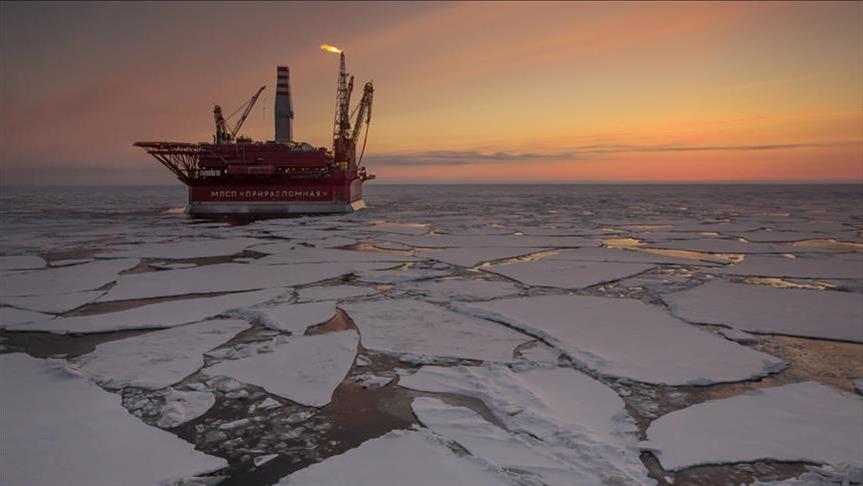Almost 60% of oil and fossil methane gas and almost 90% of coal must remain in the ground by 2050 to keep global warming below 1.5°C, a new study from the University of College London (UCL) researchers found Wednesday.
Global oil and gas production needs to decline by 3% annually until 2050 to reach the target to limit global warming, the study published in Nature entitled Unextractable Fossil Fuels in a 1.5 °C World said.
As many fossil fuel extraction projects are not conducive to meeting internationally agreed goals to limit global warming by 1.5°C as set out in Paris Agreement, a great number of regions have already reached peak fossil fuel production and any increase in production from one region needs to be offset by a greater production drop elsewhere.
According to the study, the required unextracted reserves are estimated as the percentage of the 2018 reserve base, which needs to be 58% for oil, 59% for fossil methane gas and 89% for coal by 2050.
"Global oil and fossil methane gas production has already peaked. From a regional perspective, our results suggest significant transition risk for large fossil fuel producers. Oil production in the Middle East for example roughly halves between 2020 and 2050, suggesting the diversification of economies away from a dependence on hydrocarbon revenues is absolutely critical," Dan Welsby, lead author of the study from UCL Institute for Sustainable Resources said.
In the study, countries are represented as 16 regions, which allows for a detailed characterization of regional energy sectors.
The model used in the study assessed different scenarios including lower demands in key carbon-intensive sectors such as aviation and chemicals and uncertainty around the availability and deployment of key carbon capture, utilization and storage and negative emissions technologies.
The researchers found that the Middle East needs to leave around 60% of oil and gas reserves in the ground, which given the large size of its reserve base also results in huge absolute volumes.
The study said regions with high concentrations of relatively high cost and high carbon-intensive deposits of oil within the reserve base show high proportions of unextractable reserves, including the oil sands in Canada at 83% and ultra-heavy oil in Central and South America at 73%.
"We stress that our estimates of unextractable reserves and production decline rates are likely underestimates, given we use a carbon budget consistent with only a 50% chance of meeting 1.5°C and the huge uncertainty around the deployment of negative emission technologies," Welsby noted, adding "however, assuming the political will is present to fulfill the commitments made in Paris, the reductions in fossil fuels suggested in our work are entirely feasible."
By Nuran Erkul Kaya
Anadolu Agency
energy@aa.com.tr


